Religious Education Courseware - Religious Education Aid
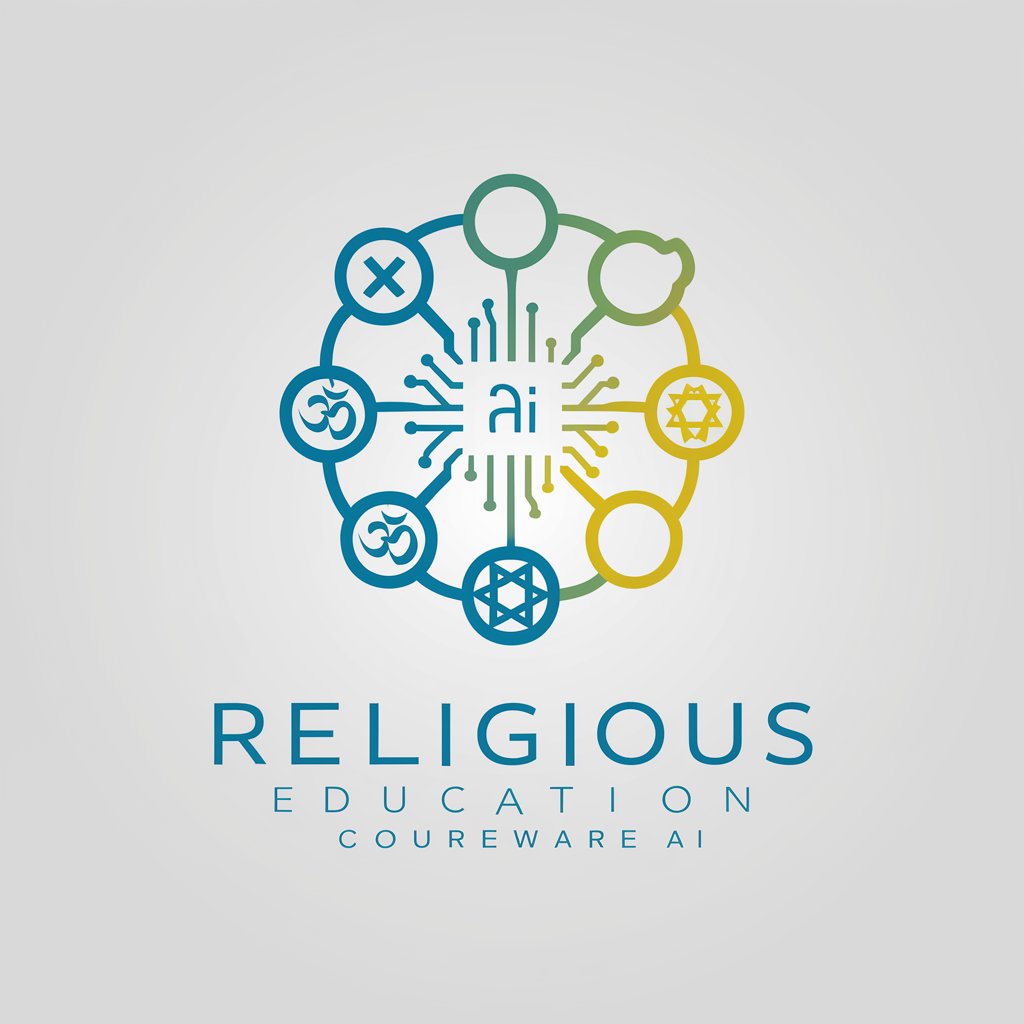
Welcome! Let's explore the world of religious education together.
Explore Faiths with AI-Powered Insights
Explain the key differences between the major world religions and their core beliefs.
Describe the historical development and impact of Christianity during the Middle Ages.
Discuss the ethical teachings of Buddhism and how they compare to those of Hinduism.
Analyze the role of religious texts in shaping moral values across different cultures.
Get Embed Code
Overview of Religious Education Courseware
Religious Education Courseware is designed to assist in the development and delivery of educational content focused on theology, religious history, ethics, and comparative religion studies. It is tailored to provide educators, students, and anyone interested in religious studies with resources that offer detailed, objective, and respectful explanations of various religious beliefs and practices. The Courseware is built to clarify complex theological concepts, historical events, ethical dilemmas, and comparative aspects of different religions. For example, an educator preparing a lesson on the ethical implications of pacifism across different religions can use this Courseware to access comparative analyses, historical contexts, and discussions on contemporary implications. Powered by ChatGPT-4o。

Key Functions of Religious Education Courseware
Theological Concept Explanation
Example
Explaining the concept of 'Trinity' in Christianity or 'Tawhid' in Islam with scriptural references and theological interpretations.
Scenario
Used in a classroom setting to prepare a lesson plan that helps students understand intricate religious doctrines through guided explanations.
Historical Contextualization
Example
Providing a detailed history of the Protestant Reformation, including key figures, theological disputes, and its impact on European societies.
Scenario
A history teacher uses this function to create engaging multimedia presentations that highlight the causes and effects of significant religious movements.
Comparative Religion Analysis
Example
Comparing the rituals and ceremonies of Hindu weddings with those of Jewish weddings, focusing on symbolism, religious laws, and cultural practices.
Scenario
Facilitates interfaith dialogue workshops where participants explore the diversity of religious traditions and practices around the world.
Ethical Dilemma Discussions
Example
Debating the moral implications of euthanasia from multiple religious perspectives, including Buddhist, Christian, and secular ethical viewpoints.
Scenario
Used in college seminars to encourage critical thinking and ethical reasoning among students by exploring diverse religious and moral frameworks.
Target Users of Religious Education Courseware
Educators
Teachers and professors who require accurate, comprehensive, and respectful materials to teach courses on religion, ethics, and history. These users benefit from the Courseware's ready-to-use lesson plans, educational resources, and activities that facilitate teaching complex subjects in an engaging way.
Students
Individuals studying theology, religious studies, or related disciplines who need to access a wide range of resources for their academic work. The Courseware provides detailed explanations and comparisons that enhance their understanding and foster critical analytical skills.
Religious Scholars and Enthusiasts
Researchers, scholars, and anyone with a deep interest in theological studies, who utilize the Courseware for in-depth research, personal study, or to prepare for discussions and presentations in scholarly or community settings.

Guidelines for Using Religious Education Courseware
1
Visit yeschat.ai to start using Religious Education Courseware for free without needing to log in or subscribe to ChatGPT Plus.
2
Explore available modules, such as theology, religious history, ethics, and comparative religion to familiarize yourself with the content and structure.
3
Utilize interactive features like quizzes and discussions to enhance understanding and engagement with the material.
4
Apply the courseware in diverse settings including classrooms, individual study, or group workshops, adapting the content to fit specific educational needs.
5
Regularly check for updates and new content to keep the curriculum current and comprehensive.
Try other advanced and practical GPTs
Religious Text Explorer
Explore Faith, Understand Life
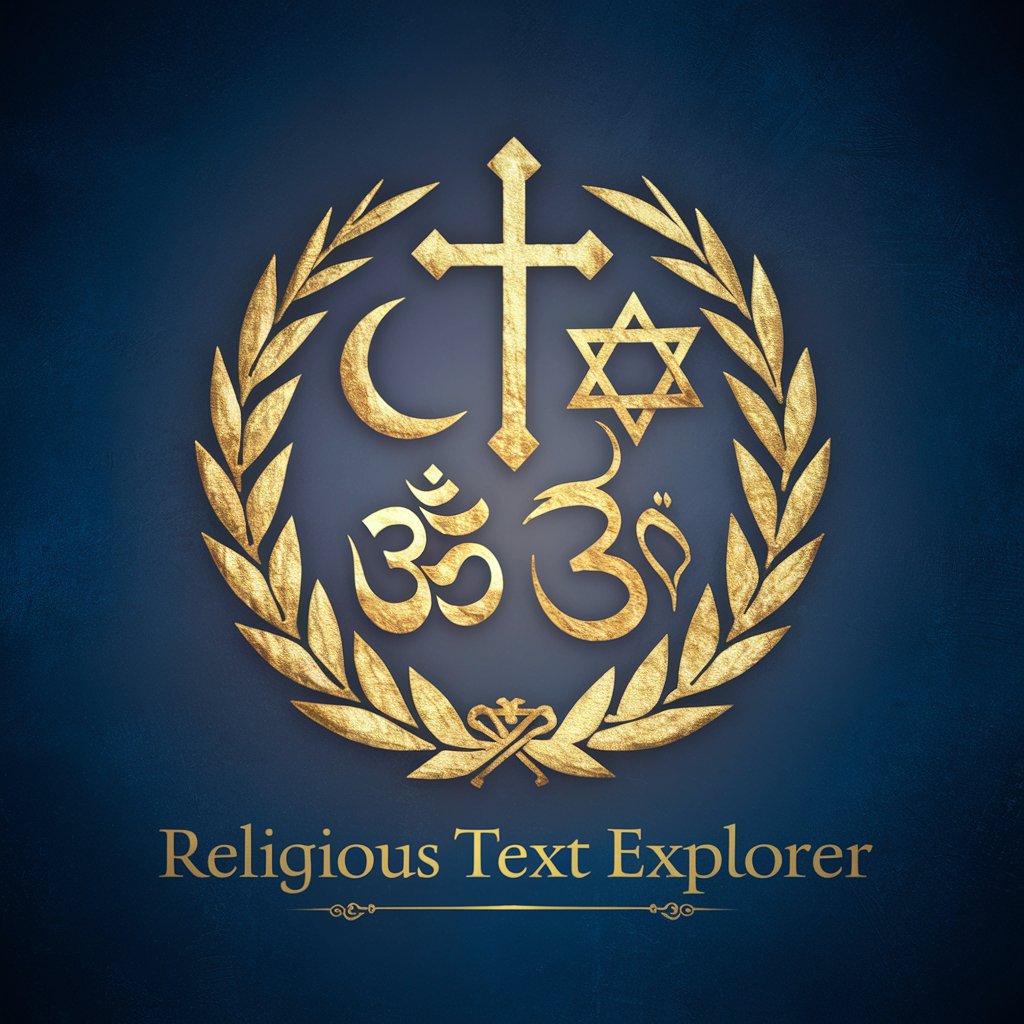
Religious Ethical Dilemma Simulator
Explore Ethical Dilemmas with AI
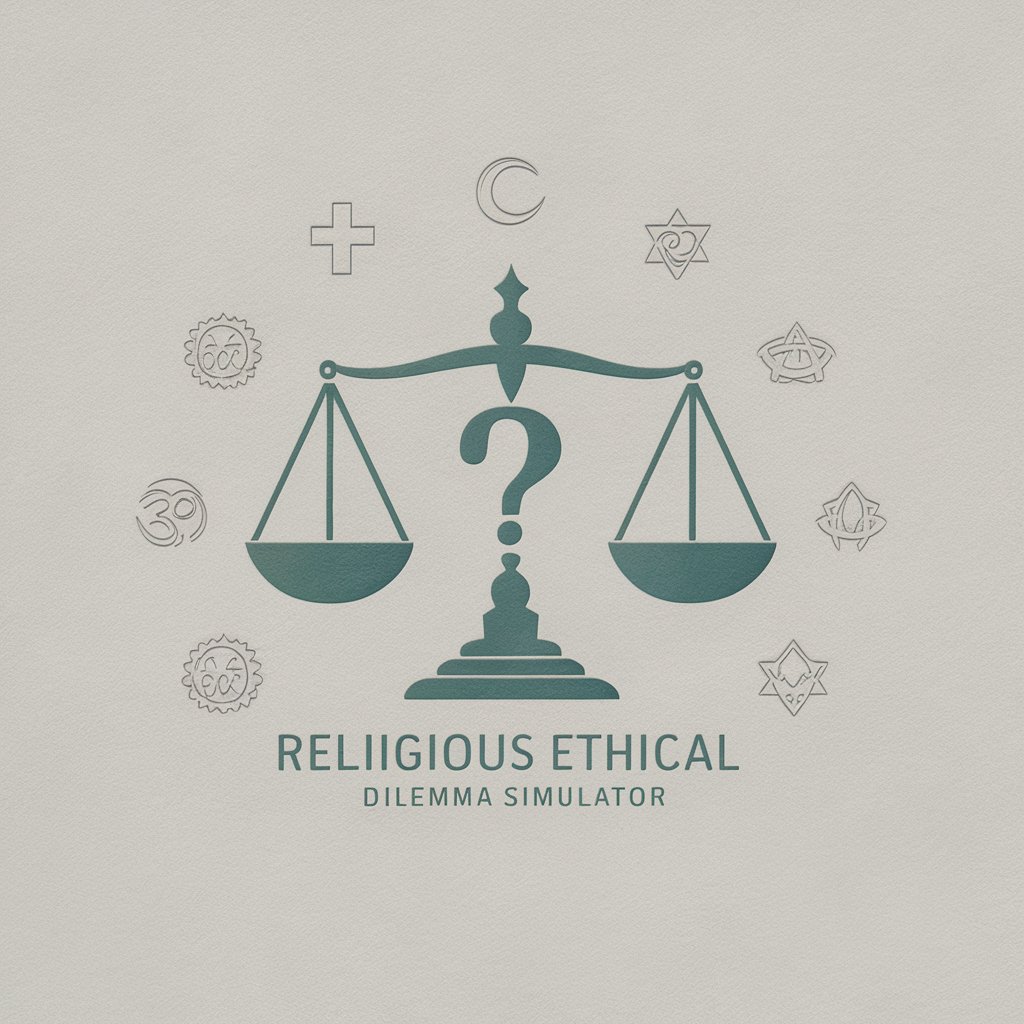
GCSE Religious Studies Tutor
Empower your religious studies with AI
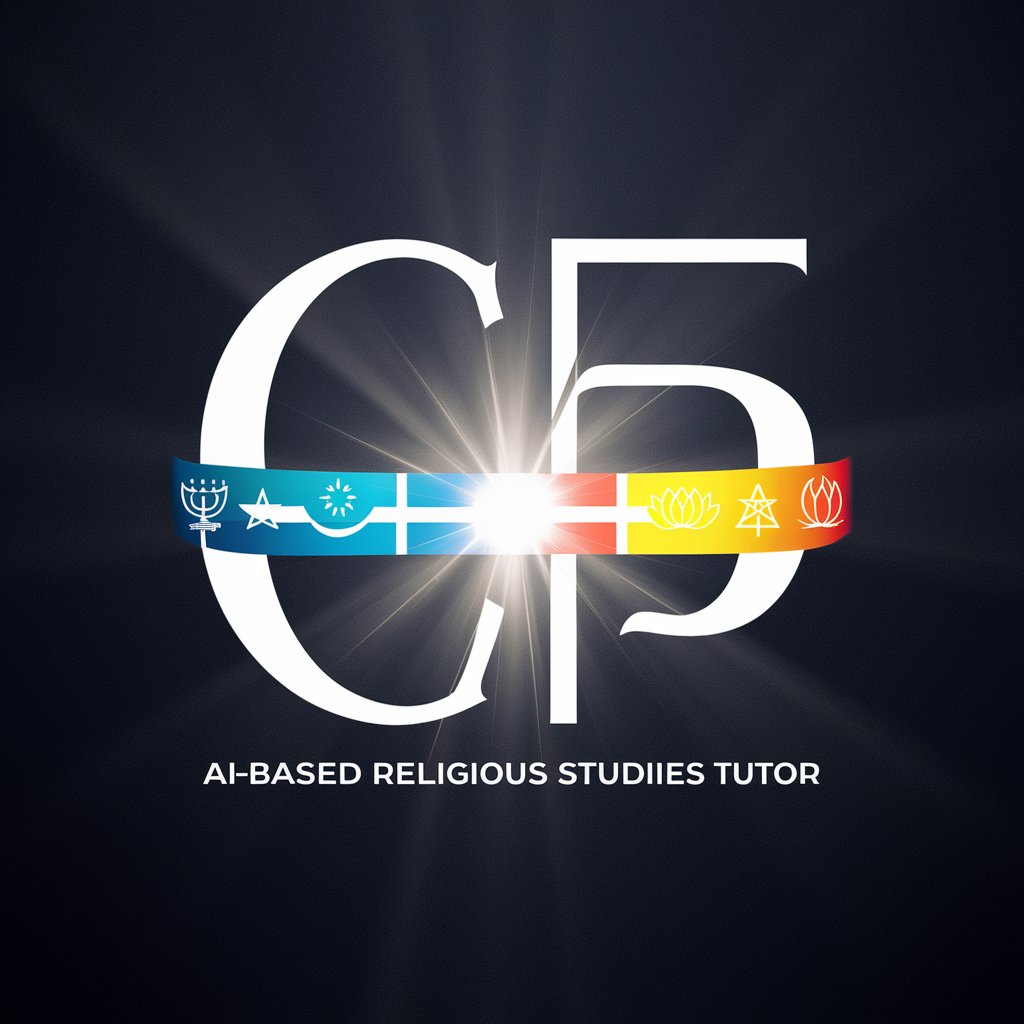
Wine Advisor
Expert Wine Pairing at Your Fingertips

Brainstorm med Far-jokes
Innovating humor with AI and Danish wit.
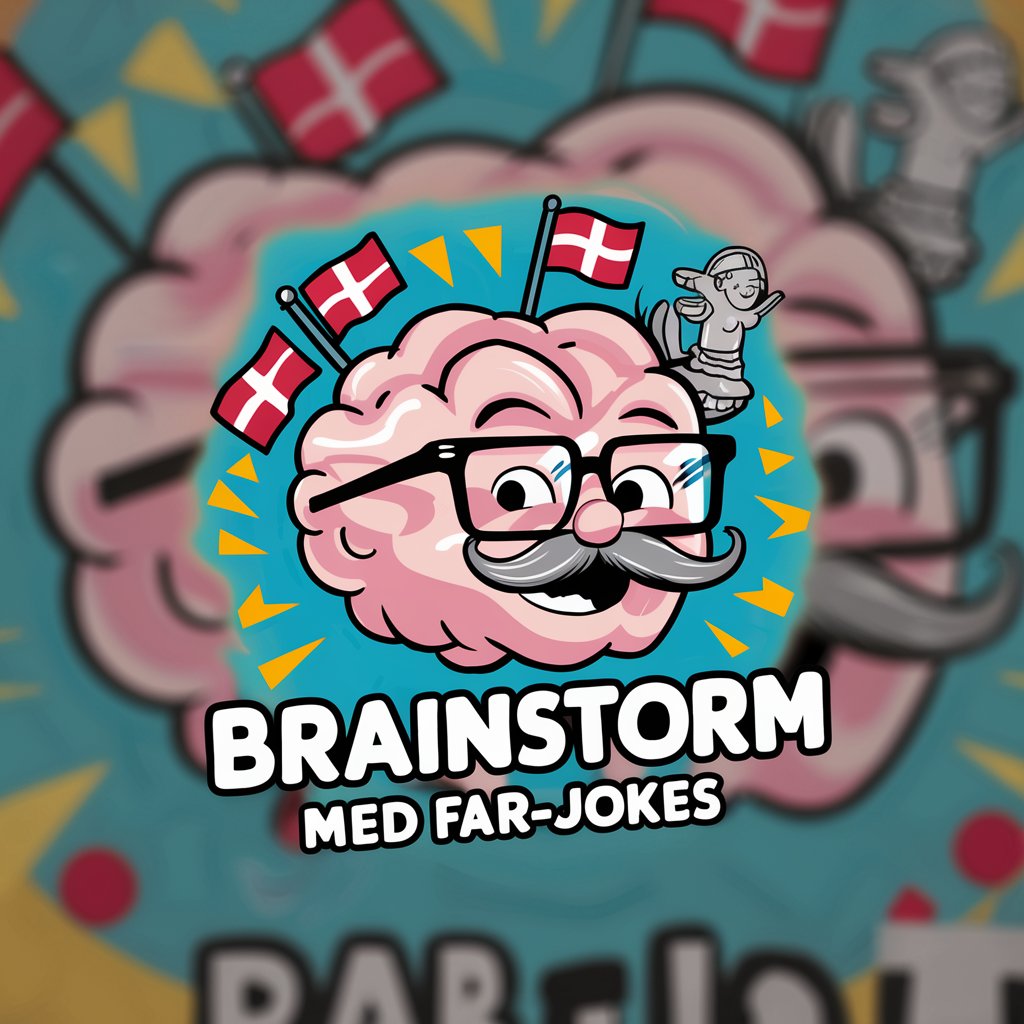
BlackLight Transform
Illuminate your photos with AI

SEO Coach
Optimize with AI-Powered Insights

Leadership Coach
Empowering Leaders with AI

English Coach
Enhance Your English with AI
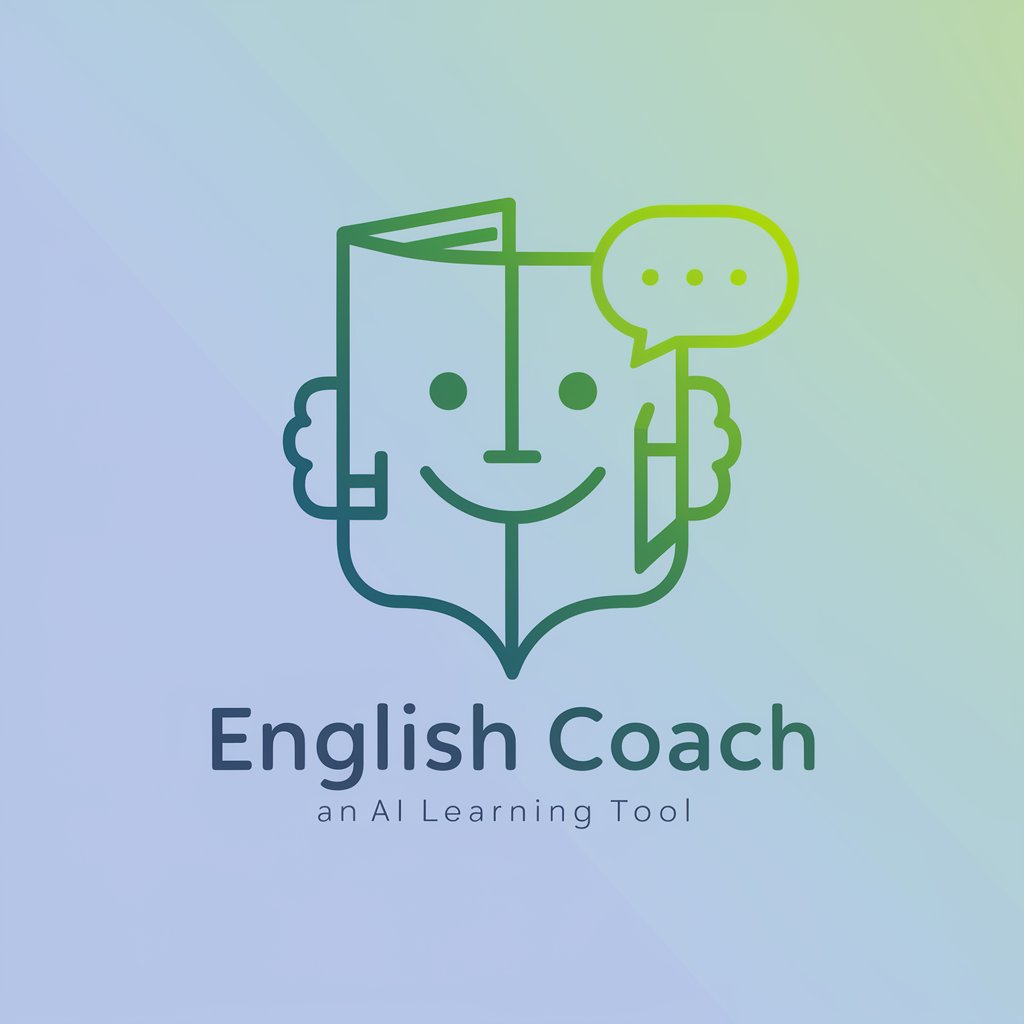
Career Coach
Empower Your Career with AI

Relationship Coach
Your AI-powered Relationship Guru

Speech Coach
Refine Your Speech with AI Expertise

Frequently Asked Questions About Religious Education Courseware
What topics does the Religious Education Courseware cover?
The courseware covers a wide range of subjects including theology, religious history, ethical dilemmas, and comparative studies of major and minor world religions.
Can this tool be used for formal education?
Yes, it is designed to be a resource for both formal and informal educational settings, suitable for schools, universities, religious institutions, and personal enrichment.
How does the Religious Education Courseware support different learning styles?
The courseware includes various forms of content such as text, interactive quizzes, and discussion prompts to cater to visual, auditory, and kinesthetic learners.
Is there a way to track progress within the courseware?
While the courseware itself is designed for informational and educational purposes, users are encouraged to utilize external tools or methods to track their learning progress and outcomes.
Are there any prerequisites for using the Religious Education Courseware?
No specific prerequisites are needed. The courseware is accessible to anyone with an interest in religious education, from beginners to advanced learners.
